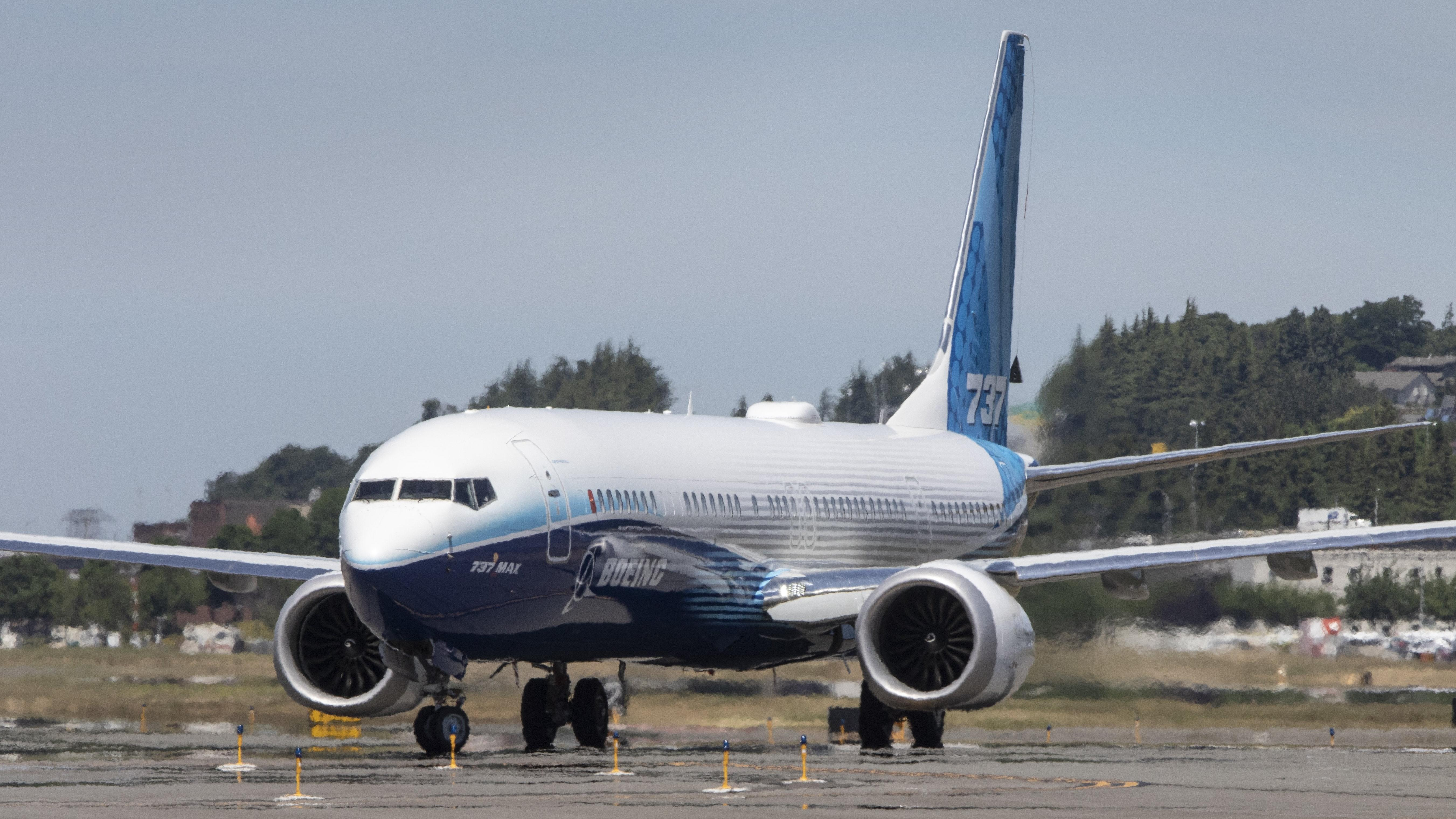Former Boeing Pilot Acquitted Of Defrauding Regulators About 737 MAX Safety
It took the jury just two hours to come to a decision.
A Texas jury has acquitted former Boeing Chief Technical Pilot, Mark A. Forkner, of defrauding Boeing's customers and the government about the 737 MAX program.
The Boeing 737 MAX has long been fixed and is going on to a safe career. However, fallout from two crashes that killed 346 people spurred from problems with the Maneuvering Characteristics Augmentation System (MCAS) continues. Here's a recap on how Boeing got here, paraphrased from the Federal Aviation Administration's review:
The 737 MAX features larger and more powerful engines compared with its 737 NG predecessor. Because these engines are larger, they had to be installed higher and farther forward than the previous engines. As a result, the aerodynamic balance of the plane changed.
Through use of what is called the Maneuvering Characteristics Augmentation System (MCAS), the MAX was supposed to fly like the 737 NG and thus not require pilots to take additional training to fly the MAX. The system works by automatically adjusting the trim of the horizontal stabilizer at the rear of the plane to push the nose down. It's supposed to activate when the plane is at a high angle of attack to prevent stalls.
It was found that the MCAS system relied on a single angle of attack sensor and that pilots weren't always informed of the system. If MCAS received a bad AOA sensor reading, the system may respond by descending the aircraft. An indicator for the AOA sensor was available, but as an upcharge.
Boeing was charged with criminal fraud and ordered to pay over $2.5 billion in fines to victims' families, the government and airlines. Boeing's top officials were also exonerated.
That left just one person in the Justice Department's crosshairs: Mark Forkner, former Chief Technical Pilot for the MAX program.
Forkner had a big job as he had to convince both regulators and airline customers that the MAX didn't require any specific training. A Seattle Times report detailed some of Forkner's emails:
Pressed by the Justice Department, Boeing turned over a series of emails and shocking instant message exchanges between Forkner and his deputy, Patrik Gustavsson, in which Forkner bragged about how he had "jedi mind tricked" airlines into choosing the minimum pilot training option — and so avoided the need for extensive training of pilots on full flight simulators that would make the MAX a more expensive and less competitive airplane.
To pull that off, Forkner persuaded the FAA in March 2016 to omit any description of MCAS from the pilot manuals, arguing that it would activate only in extreme circumstances — as he said in an email, "WAY outside" normal flying conditions.
[...]
Forkner actively worked to the same end with regulators around the world, whom he disparaged in private messages as "fools" and "idiots."
Tragically, Forkner even dissuaded Lion Air officials who wanted to train their pilots on MAX simulators that this was "a difficult and unnecessary training burden for your airline."
He mocked the Indonesian airline representatives for their "stupidity" in asking for such training and boasted that his efforts to dissuade them had saved Boeing "a sick amount of $$$$."
Forkner was facing four counts of wire fraud; each count carrying a maximum penalty of 20 years in prison. However, as the New York Times reports a jury in a Texas court has decided that such will not be the case.
The Justice Department argued that Forkner discovered that MCAS software was changed to operate well within the MAX's normal flight envelope, but he failed to notify either Boeing's customers or the FAA. Prosecutors also used an email where Forkner says that he unknowingly misled regulators. The Justice Department argued that Forkner downplayed the importance of MCAS to save Boeing money.
Forkner's defense, led by attorney David Gerger, argued that he was never informed by Boeing's engineers that the scope of MCAS had changed and that what he told the FAA is what he knew. Likewise, the defense argued that the aforementioned email was about a simulator, not MAX aircraft.
Gerger has described the case as Boeing and the FAA looking for a scapegoat to blame. And ultimately, the jurors needed just two hours to acquit Forkner of all charges.
